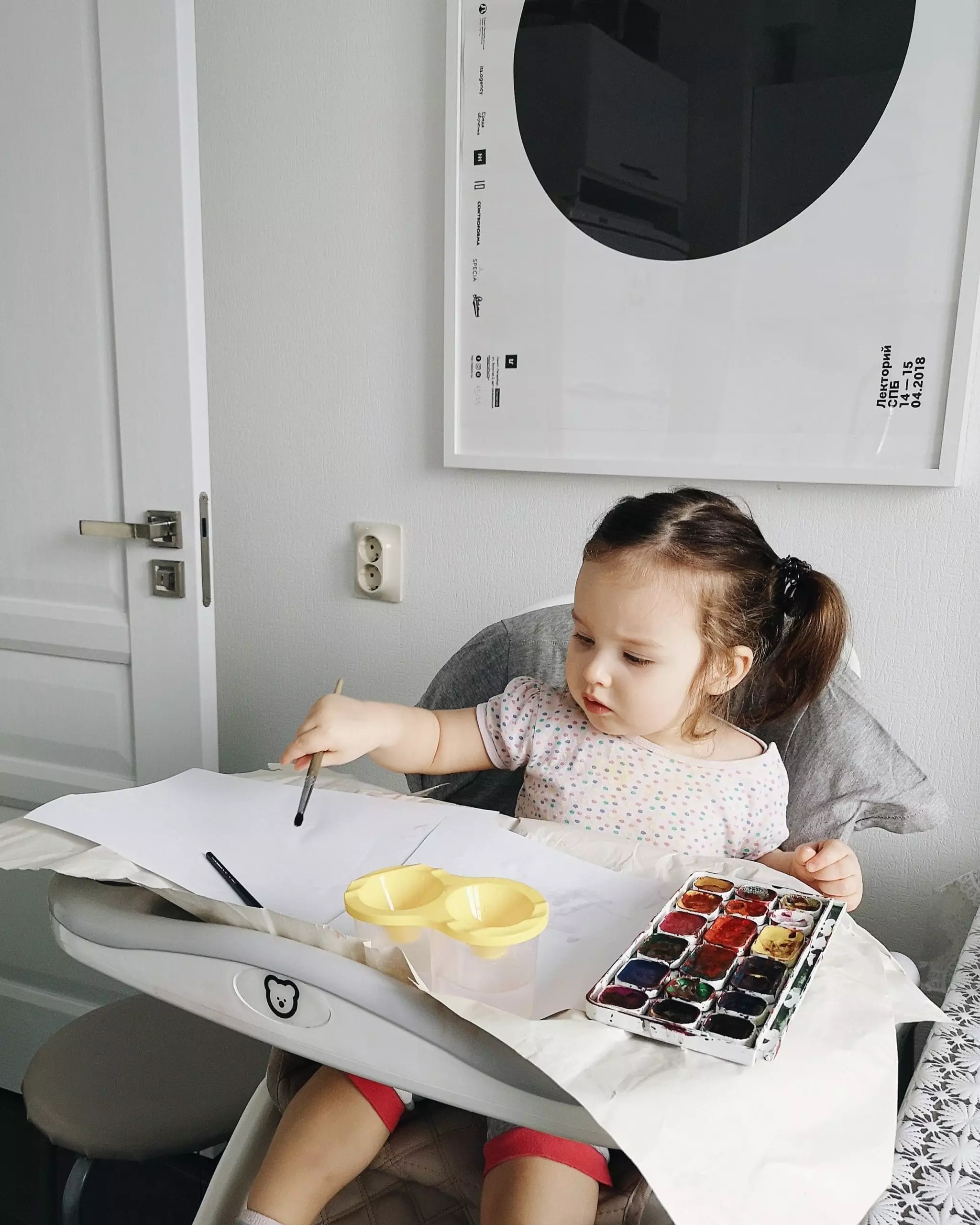When preparing for motherhood, the anticipation of sleepless nights and endless adjustments can feel overwhelming. Many parents mentally gear up for the rugged landscape of parenting—after all, the arrival of a newborn comes with a whirlwind of change. For some, like the author of the original article, the first few months might even go smoother than expected. However, these early days can be deceptively serene, often leading to complacency as parents navigate the complexities of their new roles. The initial period is marked by a peculiar sense of ease that quickly dissipates once the child begins to explore their autonomy, presenting a fresh set of challenges that can test a parent’s resolve.
This journey is not an isolated experience; it’s a common thread that weaves through the narratives of many parents. The joy and awe of holding a new life can overshadow the reality that comes with it. Parents, in particular mothers, may find themselves reflecting on how blissful moments can obscure impending trials that will force them to rethink their daily routines, motivations, and coping strategies.
The transition from the baby phase to toddlerhood is significant and fraught with unexpected hurdles. As children grow, their newfound independence shines through in stubbornness and defiant behavior. The author’s experience reflects a striking transformation; what was once a calm, almost idyllic parenting scenario turns into a chaotic ensemble of tantrums and demanding wills. This shift represents a critical developmental milestone—toddlers begin asserting themselves, leading to pushback against established norms and routines.
In this stage, toddlers exercise their voices, often leading to what parents might view as unruly behavior. The question shifts from “How can I care for this child?” to “How can I guide and discipline this growing individual?” This evolution challenges the foundational notions parents might hold about their responsibilities and capabilities in nurturing a child. What was once an enjoyable excursion to the park becomes laden with negotiations and conflict over seemingly trivial matters like climbing trees or the allure of candy bars.
Life outside of parenting does not pause; it continues to evolve and often adds layers of stress. The situation becomes even more complicated with the introduction of new job responsibilities, as illustrated by the author’s husband’s long working hours. This shift in family dynamics can intensify feelings of isolation and the weight of parenting responsibilities, particularly for the primary caregiver.
In situations like these, the caregiver must often grapple not just with their child’s new behavioral challenges but also with their own emotional landscape. Feelings of frustration, fatigue, and inadequacy can surface when the demands of toddler parenting collide with the realities of life. Engaging in discussions about discipline can become a bittersweet reminder of the challenges that accompany growth—not only for the child but also for the parent.
Despite the trials, finding joy in parenting becomes a crucial focal point. The emotional roller coaster brings moments of profound joy interspersed with times of struggle. Amid the chaos, there exists an opportunity for growth and connection, as illustrated by the tender interactions during difficult days. The simple act of a child checking on their parent reveals the bond that remains strong despite external challenges.
Finding gratitude in each moment becomes essential for mental well-being. The author’s decision to cherish the fleeting moments and to embrace a grateful perspective underlines a crucial parenting philosophy: joy can still exist amidst struggles. Recognizing and celebrating small victories—even on hard days—can greatly impact the parent-child relationship, promoting an ongoing cycle of love and understanding.
The reality of raising a toddler is that it often defies expectations. It is a tumultuous phase that challenges not only children but also their caregivers. It requires resilience, adaptability, and a willingness to embrace imperfections. While it becomes easy to focus on the negative aspects during challenging moments, prioritizing gratitude and joy can transform these experiences into opportunities for growth.
Ultimately, parenting is a journey filled with incessant learning. Children grow, and so do parents. Reflecting on this shared growth fosters not only a deeper connection but also a greater appreciation for the chaotic, yet beautiful tapestry of family life. The essential lesson is that, even amidst the trials, joy is a choice—one that fosters hope and love during times of struggle.

